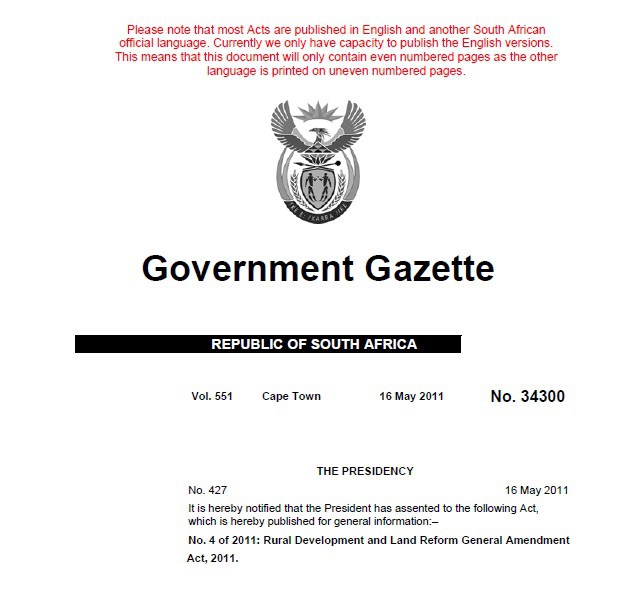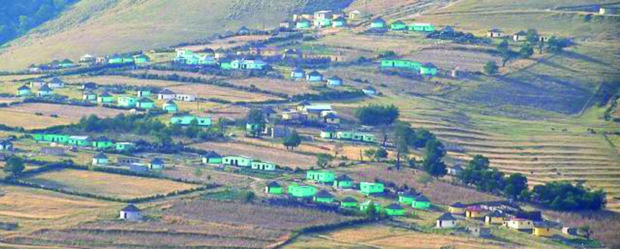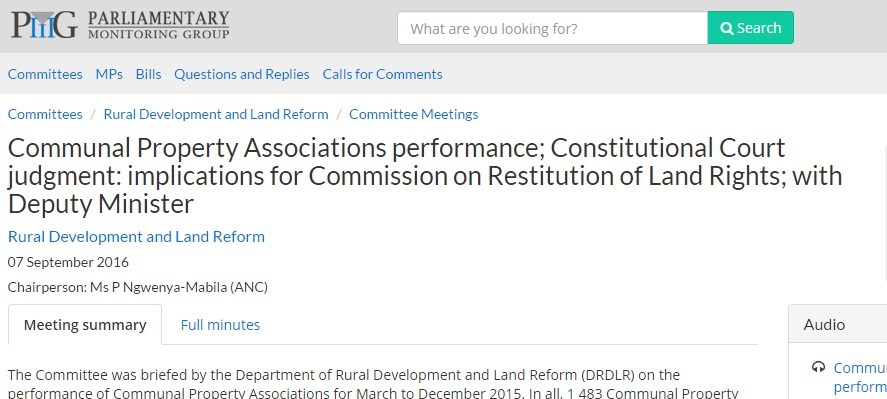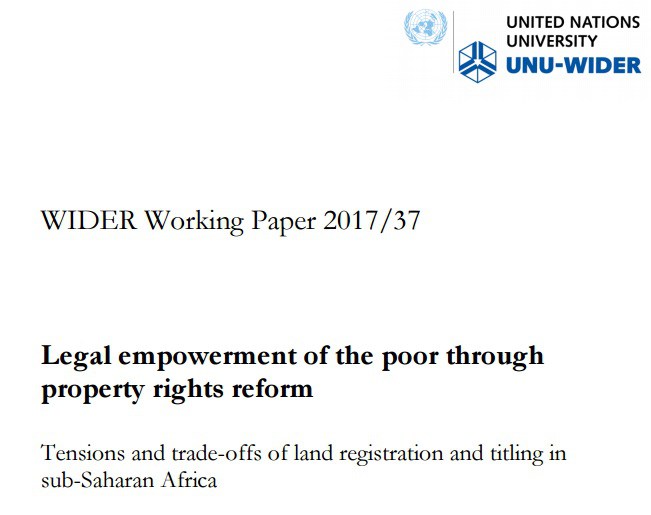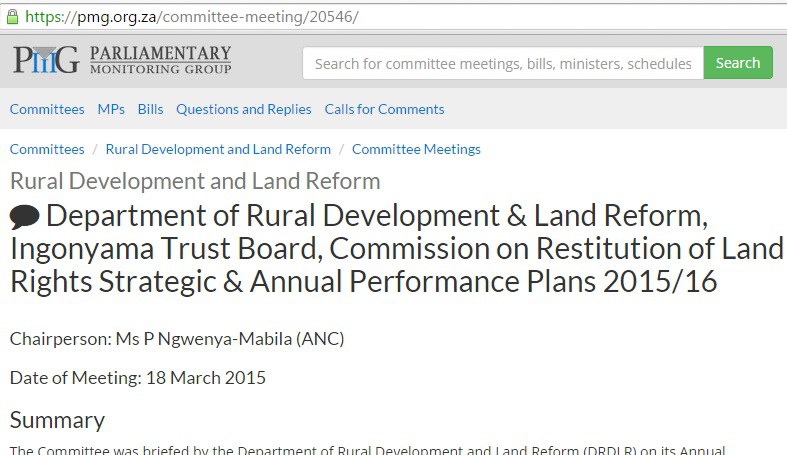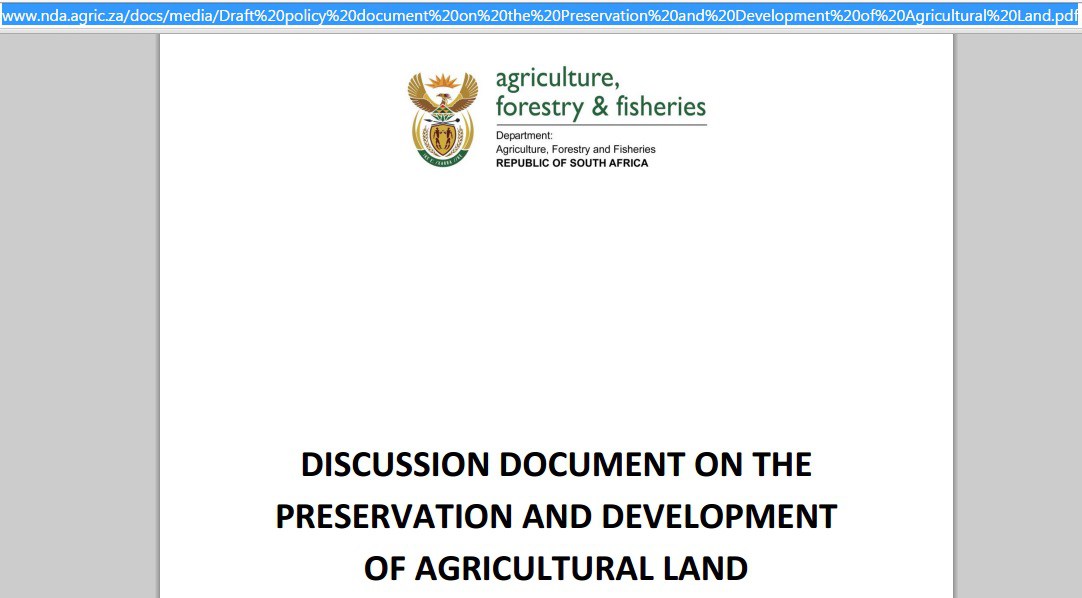Recapitalization and Development Programme Policy
Reversing the legacy of the 1913 Natives Land Act. The root of the land question today arises out of the pervasive process of land alienation that dispossessed the majority of South Africans of their land over the past few centuries. 2013 is the centenary f the 1913 Natives Land Act, which was the first of number of discriminatory laws that reinforced the massive dispossession of land from black South AFricans


